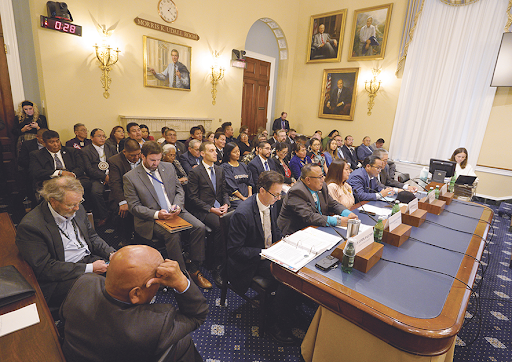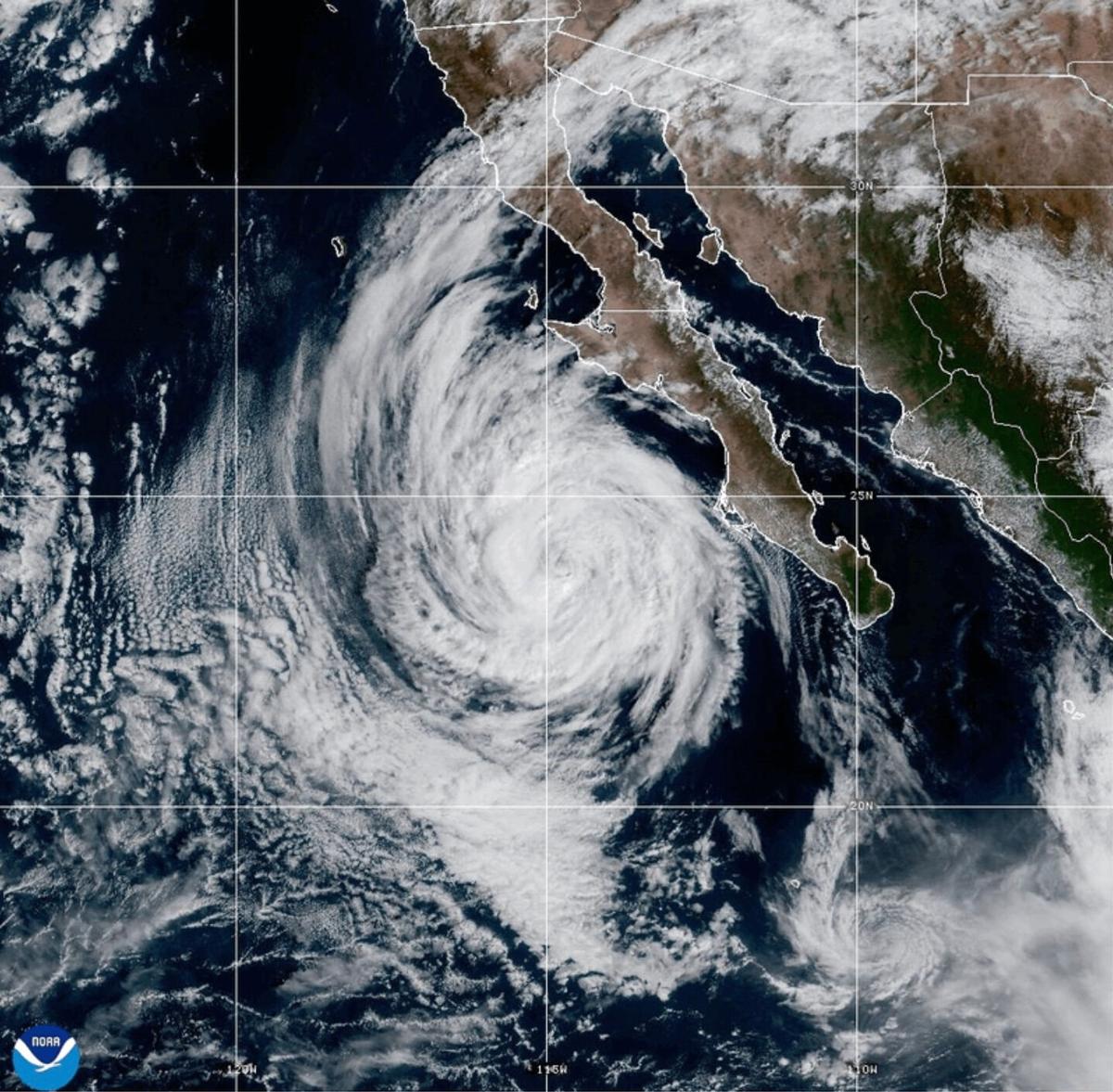Under the bright red rocks of the Grand Canyon, the giant Colorado River flows, beginning in the Rocky Mountains of Colorado and traveling all the way to the Gulf of California. It flows through the heart of Arizona and even defines the Ariona-California border. This river also supplies seven states (Wyoming, Utah, California, New Mexico, Colorado, Nevada, and Arizona) with water that is used for all functions ranging from irrigation to drinking. In 1922, these states divided the water in a deal still intact to this day. However, this deal left out the Native American tribes of Arizona. And now, these tribes are fighting for access to the Colorado River water.
The Hopi, Navajo, Yavapai-Apache, and the San Juan Southern Paiute are four major Native American tribes in Arizona, and all are considered sovereign nations. As sovereign nations, they only follow federal laws; state laws do not apply to them so they must govern themselves and provide their own utilities. According to Time Magazine, these tribes use the least amount of water per person in the US, but pay the most for it. Each tribe gets their water from different places with different rules. But for the majority, they must walk for miles in order to find water. Cronkite News states that “almost a third of members of the Hopi, Navajo and other tribes have no running water.” With native tribe populations growing, leaders are finding it hard to support the population growth without ample access to water. While each tribe has specific, additional issues that a lack of water creates, all are in agreement that water is needed to support their respective growing populations.
Arizona Senator Mark Kelly hoped to provide a solution. In July 2024, he introduced the Yavapai-Apache Nation Water Rights Settlement Act which states that by taking water from the nearby C.C. Cragin Reservoir and building acceptable infrastructure, the tribes would have more access to necessary water. The Settlement also introduces pumping restrictions which provides the tribes with more systems to help control the water and not waste it. As stated in a speech to Congress by Kelly, this act will also provide a homeland for the San Paiute tribe which will bring security and water to the tribe. According to Cronkite News, he also introduced the Northeastern Arizona Indian Water Rights Settlement Act (NAIWRSA) of 2024 which discusses the claims over the Colorado River with hopes of including the tribes in the deal.
In September, Navajo Nation President Buu Nygren, Hopi Chairman Timothy Nuvangyaoma, Yavapai-Apache Nation Chairwoman Tanya Lewis, and San Juan Southern Paiute Tribe Vice President Johnny Lehi spoke before Congress to talk about their specific tribe’s challenges and to urge the Congress to pass these bills.
As of now, Congress is still discussing the Yavapai-Apache Nation Water Rights Settlement Act and the NAIWRSA. Tribal leaders are hopeful that this Settlement will provide enough water to support the bright future of these tribes.




















